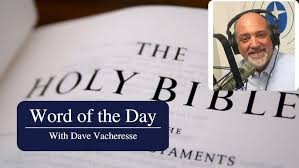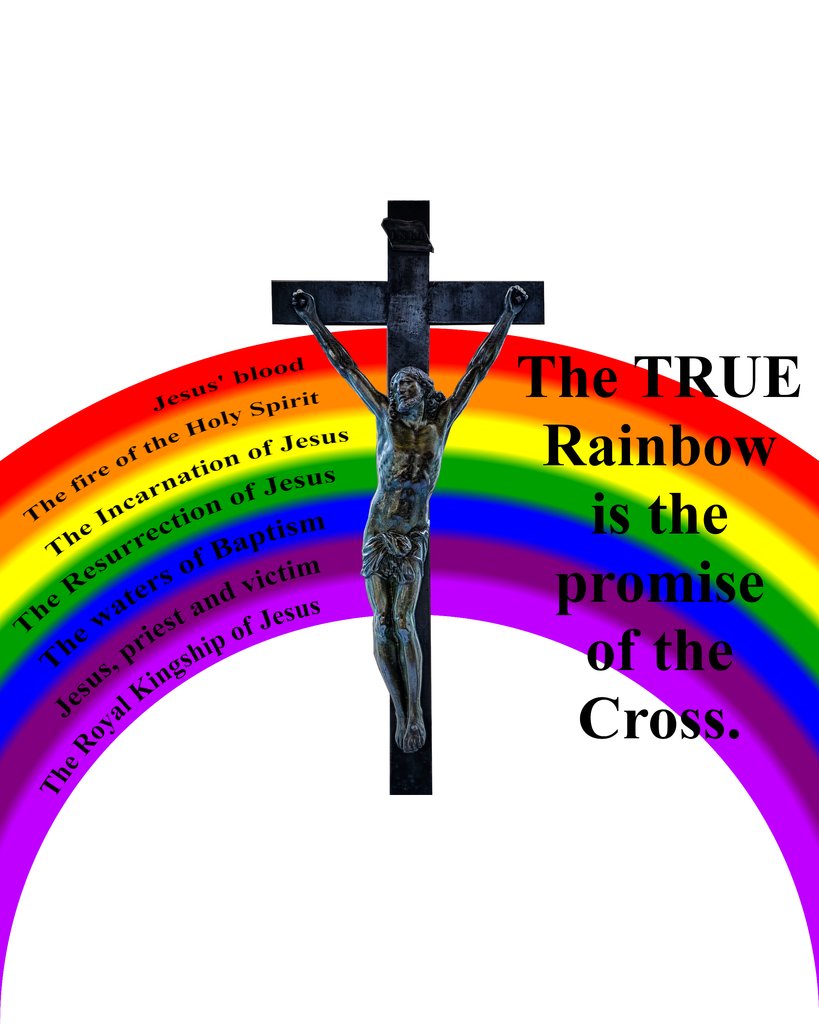Greeley’s Solution? Priests Pro Tempore
Fr. Andrew Greeley (yeah, him) thinks he has a solution to the priest shortage. He thinks the real problem is lifelong commitment. A temporary priest-corps is the answer, says he.
I’ve been doing sociological research on the priesthood for more than 30 years. There are two findings from this research that are beyond question. The first is that priests on the average are the happiest men in the world, happier in their professional and personal lives even than married Protestant clergy. The second is that men are on the average inclined to leave the priesthood (ordinarily) under two conditions: They are unhappy in priestly work, and they want to marry. If they are happy in priestly work and want to marry, on the average they are much less likely to leave.
Note the words on the average in the previous paragraph. My assertions are about the average. There are priests who are miserably unhappy-and unfortunately they set the norm for priestly comments about how low morale is. There are also many priests who love their work but want to marry powerfully enough that they leave the priesthood.
The angry letters that these two paragraphs normally engender are from those who don’t read the two paragraphs carefully before they head for the e-mail. Those who don’t like these findings are free to do their own research.
I usually follow up these two conclusions with the recommendation that the church experiment with a limited term of service for priests, a kind of priest corps like the Peace Corps (or the Jesuit Volunteer Corps or the University of Notre Dame’s Alliance for Catholic Education).
Young men would be invited to active service in the priesthood for a period of time-let’s say five years-then they would be given an opportunity to re-up, as they say in the military. But an ordained priest is a priest forever, bishops say trippingly on the tongue when they dismiss my suggestion as a stupid idea. Indeed yes, but his permanent identity as a priest does not demand that he serve actively in the priesthood all his life.
His argument may sound reasonable to some. The problem lies here. He treats the priesthood as a job, not as a vocation. To illustrate the problem, allow me to change just a few words around to make a point.
I’ve been doing sociological research on marriage for more than 30 years. There are two findings from this research that are beyond question. The first is that married men on the average are the happiest men in the world, happier in their professional and personal lives even than unmarried men. The second is that men are on the average inclined to leave the marriage (ordinarily) under two conditions: They are unhappy family responsibilities, and they want to marry someone else. If they are happy in their family responsibilities and want to marry someone else, on the average they are much less likely to leave the marriage.
Note the words on the average in the previous paragraph. My assertions are about the average. There are men who are miserably unhappy-and unfortunately they set the norm for comments about how bad marriage is. There are also many men who love their family responsibilities but want to marry someone else powerfully enough that they leave the their marriage.
The angry letters that these two paragraphs normally engender are from those who don’t read the two paragraphs carefully before they head for the e-mail. Those who don’t like these findings are free to do their own research.
I usually follow up these two conclusions with the recommendation that the church experiment with a limited term of marriage for men, a kind of piece-corps like the Peace Corps (or the Jesuit Volunteer Corps or the University of Notre Dame’s Alliance for Catholic Education).
Young men would be invited to active service in marriage for a period of time-let’s say five years-then they would be given an opportunity to re-up, as they say in the military. But an married man is married forever, bishops say trippingly on the tongue when they dismiss my suggestion as a stupid idea. Indeed yes, but his permanent identity as a married man does not demand that he serve actively in the marriage all his life.
The analogy is not perfect, for sure, but I think it illustrates what Greeley is missing. This is vocation, a lifelong commitment. It is not something you do until you figure out what you want to do.
Fr. Greeley may think that he is being clever, but he is bringing a secular solution to a spiritual problem. Jesus did not say to the rich young man when he asked “Good teacher, what must I do to inherit eternal life?”
When Jesus heard this, he didn’t say to him, “You still lack one thing. Put everything you have in storage, and you will have treasure in heaven. Then come, follow me a spell until you figure out what you really want to do.”
When a man decides, with the Church, to become a priest he BECOMES a priest the way a married man becomes one flesh with his spouse. Let no man put asunder.
There is no such thing as a priest pro tempore.







